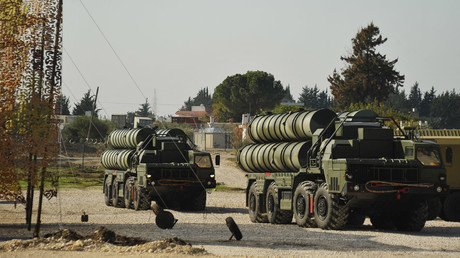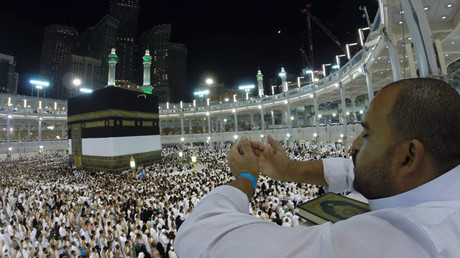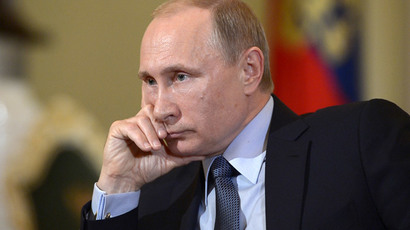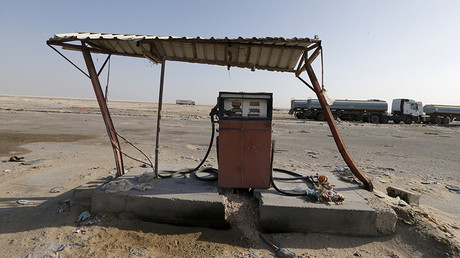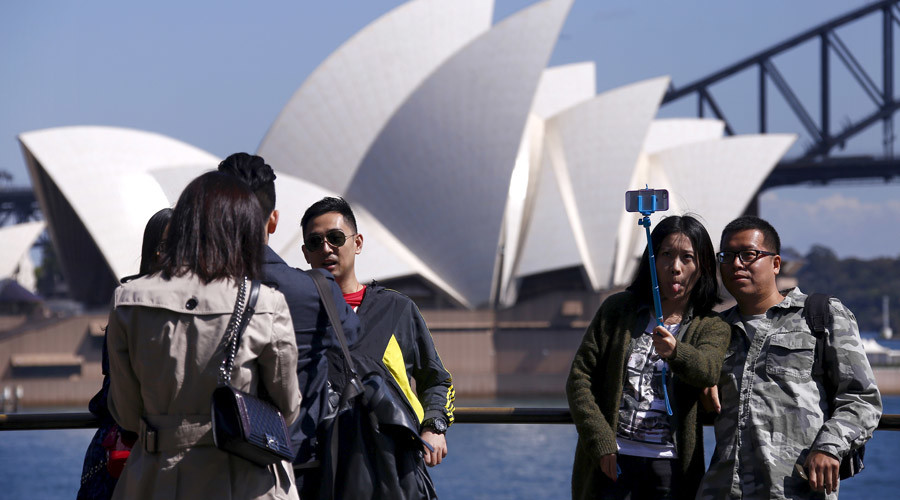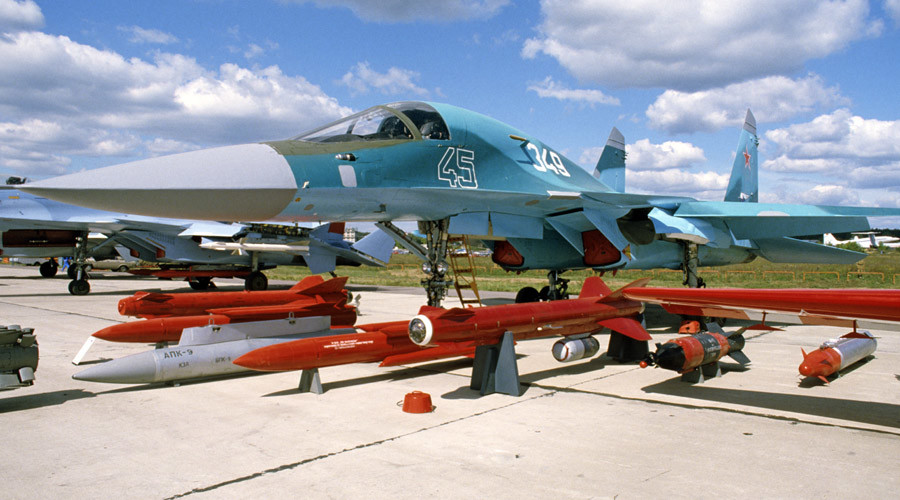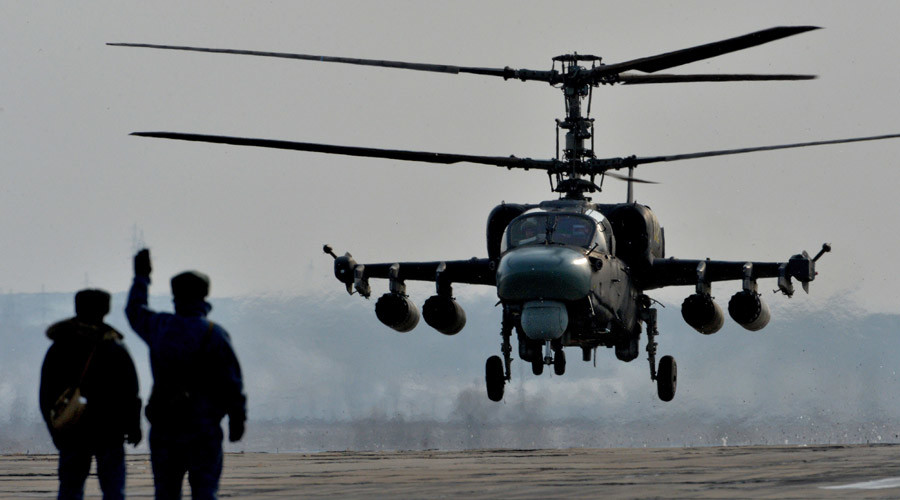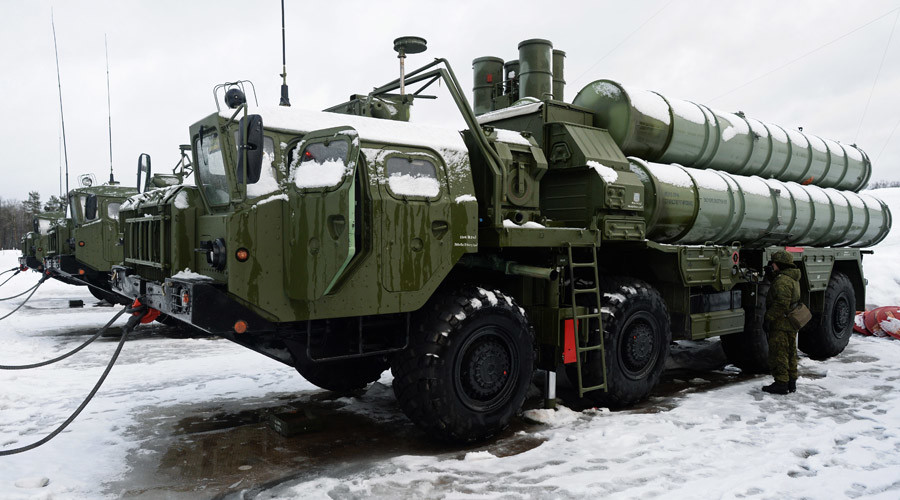At least 35 people were killed in the latest terror attacks in Brussels just four months after 130 died in a series of coordinated attacks in Paris.
Immediately after the Brussels bombings, hotel occupancy in Belgium plunged to 25 percent, down from 82 percent the night before, the Wall Street Journal cites STR, a company that tracks hotel industry data.
At the same time, hotel bookings in London fell to 59 percent and 67 percent in Paris.
Tourism in Europe has been struggling since last November’s Paris attacks that took the lives of 130 people.
The UN World Travel Organization in January predicted a 4.5 percent increase in tourists coming to Europe from abroad, down from the five percent surge last year. UK tour operator Thomas Cook said it is seeing five percent lower bookings than in 2015.
“The uncertain geopolitical environment is causing some customers to postpone booking their holidays,” CEO Peter Fankhauser told the WSJ.
The US State Department warned tourist about “potential risks” in going to Europe, saying that “terrorist groups continue to plan near-term attacks throughout Europe, targeting sporting events, tourist sites, restaurants and transportation.” This is the first such alert from the US since 2010.
A spokeswoman for the Russian tourism industry union Irina Tyurina said Russians are not cancelling booked tours, but are not booking new ones.
Russians are actively booking tours for May holidays, and the previously very quiet and secure Brussels is no longer attracting Russian tourists, as demand has fallen to zero, she said.
Article source: https://www.rt.com/business/337612-belgium-brussels-blasts-tourism/?utm_source=rss&utm_medium=rss&utm_campaign=RSS
